Can We Talk? How to foster more honest conversations without judgment
What started as a typical executive leadership coaching assignment inspired my special approach to more authentic conversations that don’t make the other person wrong.
A senior leader, I’ll call Jane, hired me explicitly to help her identify a new role that would give her greater satisfaction in the large company where she worked. It sounded realistic except for one thing. That wasn’t what was getting in her way.
Jane faced an array of challenges that she couldn’t control.
Jane worked with one peer who was constantly sabotaging her to other staff about how awful she was as a manager.
One of her own staff was very bright and quite competent. But she had one personal crisis after another. She constantly asked for forgiveness for being late, or even not showing up at all.
Another peer was quite good at critical thinking, yet sometimes acted disrespectful and dismissive of others if she found even a small typo.
Each time we met, Jane was consumed with these questions: “Why can’t I get people to do what I want? Shouldn’t they do what I ask of them? After all, isn’t that why they’re getting paid?”
Basically, people were not playing by her rules. All those rules where you expect people not to go behind your back, to meet promised deadlines and to be more professional in meetings.
Yes, we all have our rulebooks, which dictate what we expect from people every day. We tend to believe our rules are right and the other person should do it our way. As a result, these rules have a way of producing a lot of frustration, anger, and hurt feelings.
You’ve probably already guessed what happened next. Jane didn’t actually need to find a new role. She had to accept the fact that while she couldn’t change other people, she could change herself.
We agreed that she must take more responsibility for what she could influence. That meant to take more initiative and find more effective ways to make situations better.
Jane was all in, so together, we created her way forward. Drawing from the skills I learned from my past work in biology research, I suggested an approach that paves the way for understanding a situation or an issue better. It’s based on a simple data collection process.
Here’s the basic framework in three steps:
- Witness your expectations.
- Notice how others act (with the air of a scientist).
- Observe the results.
See, if you pay more attention, you can be a better informed observer (and even a less reactive one).
If you behave more like a neutral researcher, you will be more curious (and maybe a little less judgmental).
And if you dare to offer your observations with the respect and care that people long for, you will be appreciated and valued.
Change is never easy. But as Jane quickly discovered, once you commit to improving the qualities of your conversations, you’ll be amazed with the positive results.
When you become an honest, thoughtful leader and share what you notice with grace and skill, you can make a difference. And, that’s what it is all about for each of us.


